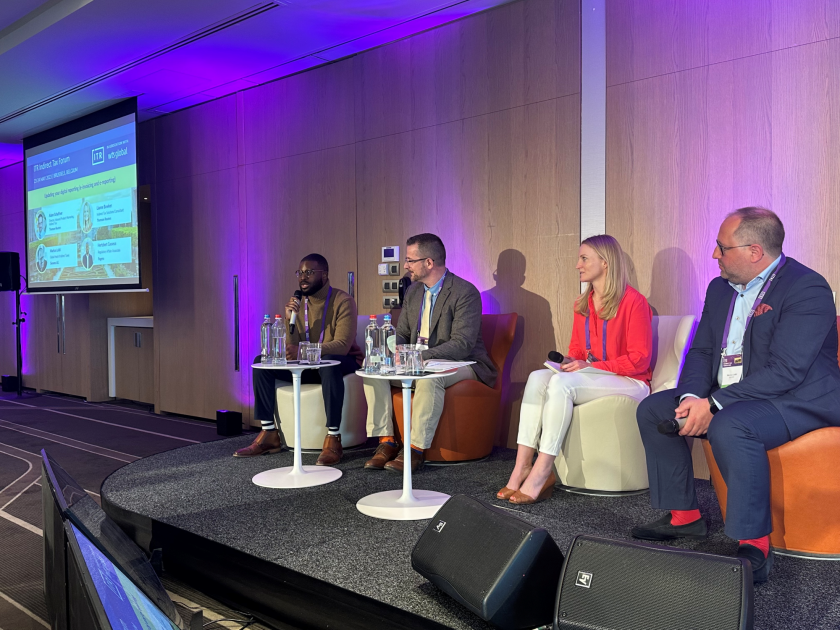Governments are putting too great a VAT reporting burden on companies, which have now become “free auditors”, said panellists at the ITR Indirect Tax Forum 2023 in Brussels.
The transition to the digital age of VAT reporting and e-invoicing has altered the relationship between tax authorities and businesses.
Governments feel as though they can request more data points and information from companies, which are struggling to adapt to quickly changing expectations, speakers said.
Where previously the onus to find and validate potentially fraudulent transactions lay with tax authorities, tax professionals are increasingly finding that they now carry that burden, the forum heard on multiple occasions Wednesday, May 24.
The rapid rate of change has created an “overburdensome reporting requirement”, said Lisa Dowling, senior global director and head of indirect tax, advisory and compliance at TaxBack International in Ireland, during the first discussion of the day.
Later, in a different session, Adam Schaffner, director of indirect tax at Thomson Reuters in Dallas, echoed her concern: “We’re basically becoming employees of the government; we’re becoming free auditors.”
Tax professionals from a variety of industries agreed, with speakers detailing specific reporting concerns.
The issue of shifting responsibility is particularly apparent for online platforms, which are now being targeted with new reporting obligations on individual transactions, said Karine Halimi-Guez, head of tax at Booking.com in Amsterdam, who was speaking in a personal capacity.
“They are outsourcing to us what they are supposed to do as tax administrations, which is tackle fraud yourself,” she said.
The shift towards requesting large quantities of data and placing the burden of proof on companies has alleviated government responsibility and put an unreasonable responsibility on industry, speakers said.
Tax professionals were reminded that they can put pressure on governments to reverse some of these changes, especially as data requirements are likely to worsen when the VAT in the Digital Age proposals are adopted across Europe.
“At some point, I think businesses are going to have to think about rallying around politically to maybe shift some of that burden or at least equalise it,” said Schaffner.
Lianne Bowker, indirect tax solutions consultant at Thomson Reuters in London, added by telling the forum: “Your voice does matter. You’re saying this and other businesses say this. The more people that say something, that this is too much for us, then change will happen.”
Schaffner added that the extra burden on tax professionals was a “silver lining on this thundercloud” and could give them a stronger business case.
“In times past we didn’t need the same level of investment or technology because the onus was on them to do all of the work. We had to make sure it was right, absolutely, but they did more of the work, and now that’s changed,” he said.
The ITR Indirect Tax Forum 2023 finished on Wednesday.










